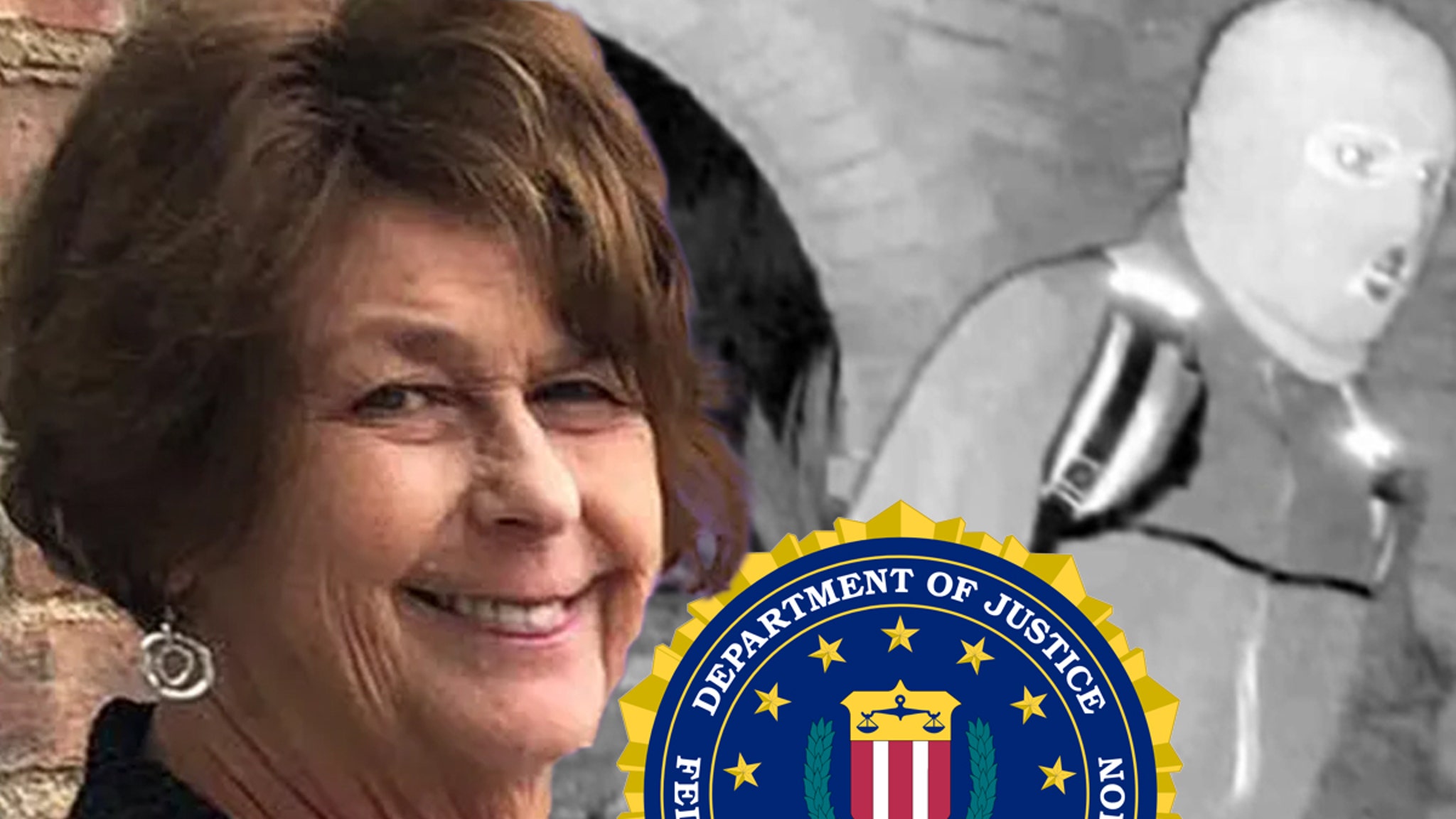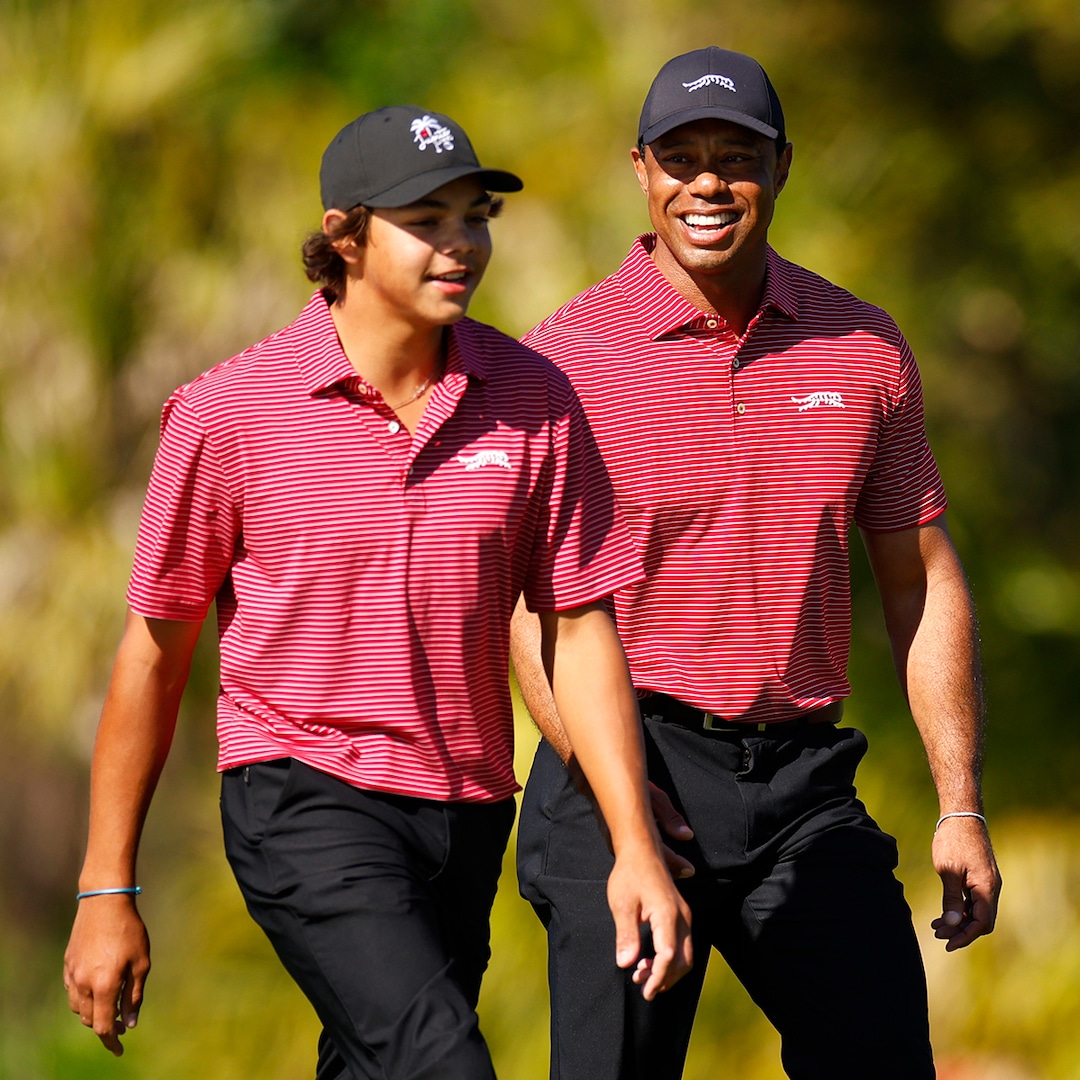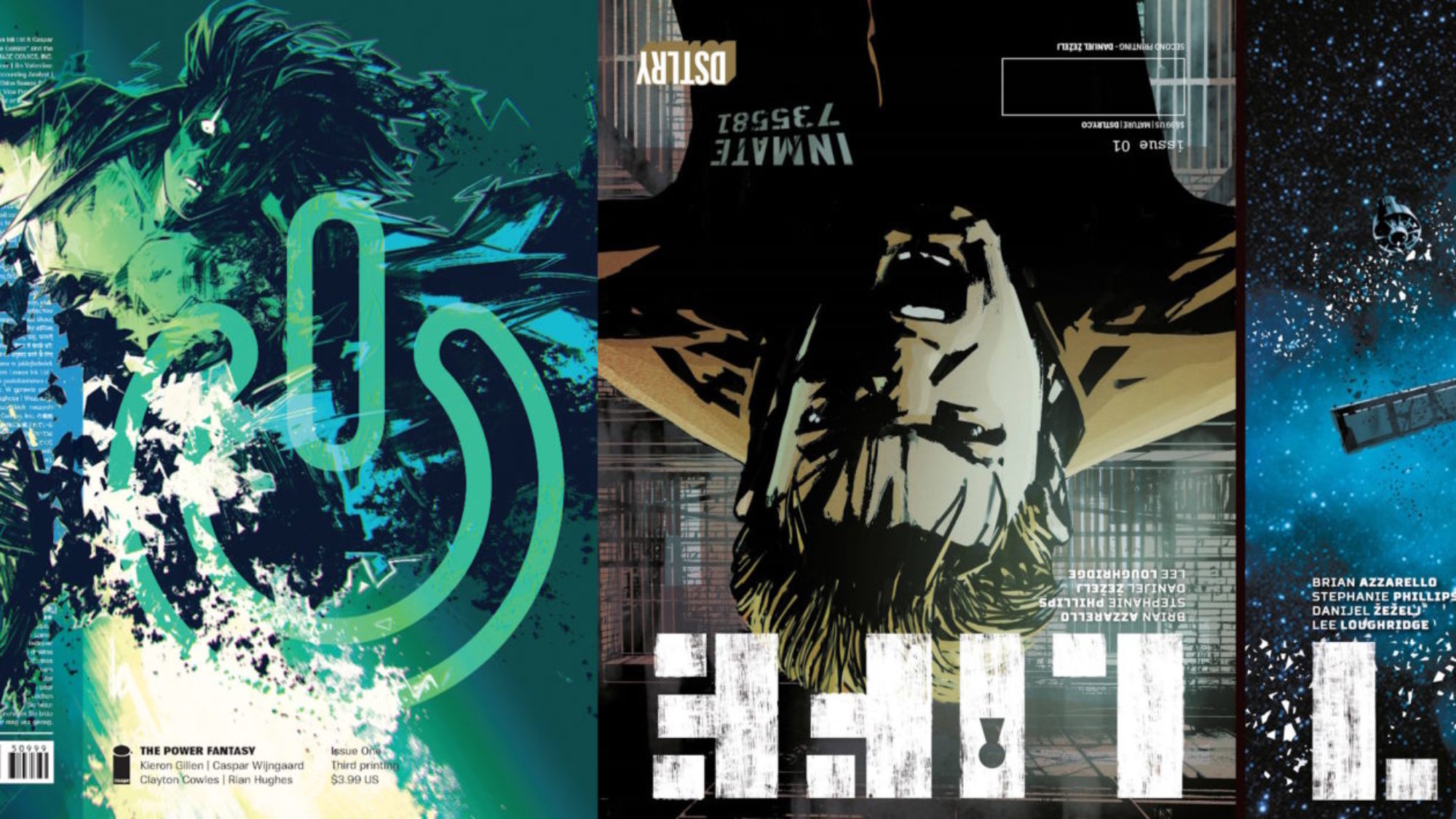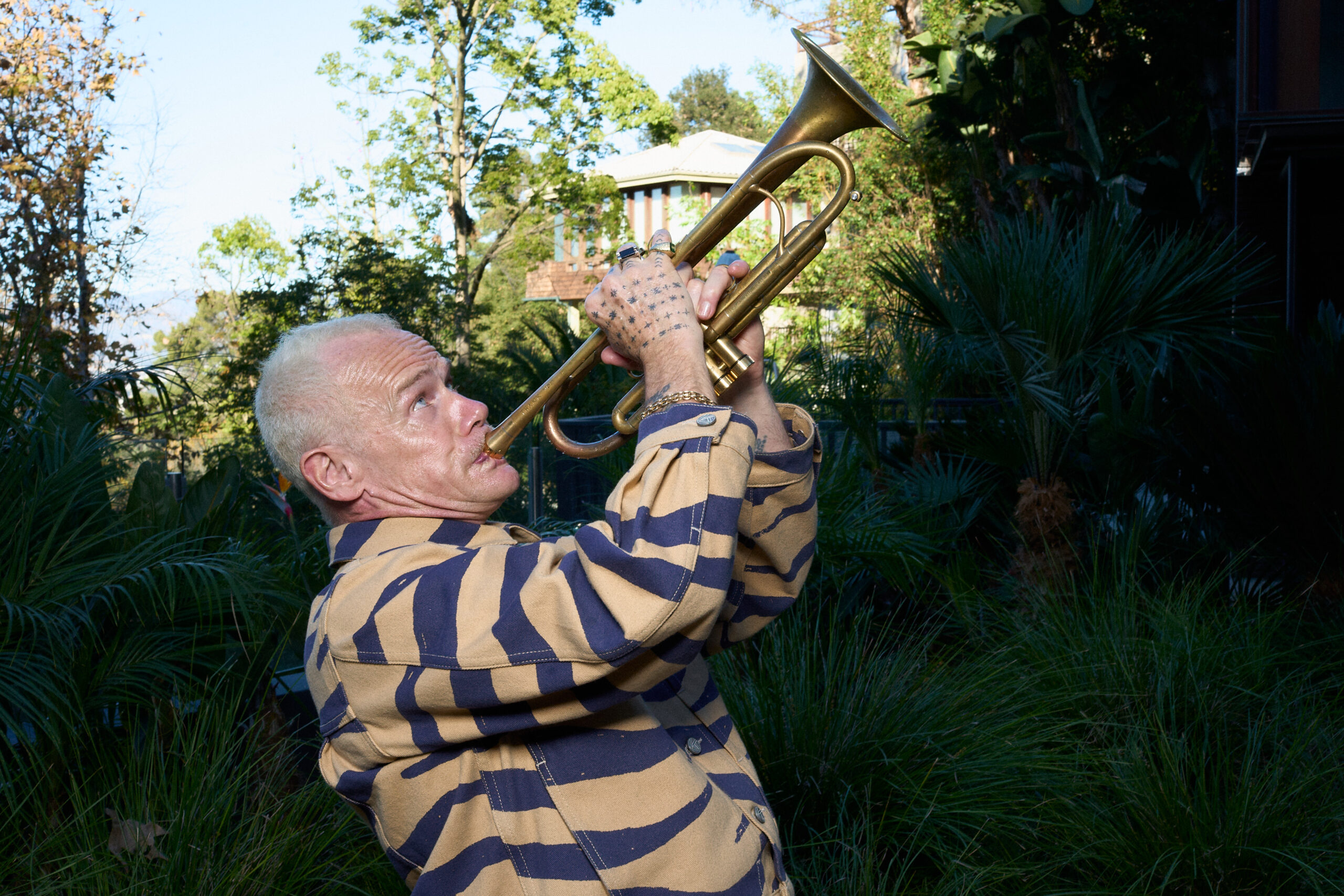Harry Connick Sr., the father of singer Harry Connick Jr. and longtime district attorney of New Orleans, has died at age 97.
Connick died peacefully at his home in New Orleans with his wife, Londa, and children — Suzanna and Harry Jr., 56 — by his side, according to an obituary shared by Harry Jr.’s publicist.
Harry Sr. served as the district attorney for the city of New Orleans from 1973-2003, winning reelection four times before retiring undefeated in 2003, per the AP.
In a statement provided to the AP, current New Orleans district attorney Jason Williams expressed his sympathies to the Connick family.
“Mr. Connick remains the longest-tenured District Attorney, serving from 1973-2003. Such a longstanding public servant gives an enormous amount of themselves to their community — as do their families. Our thoughts are with the Connick family during this difficult time,” he wrote.
Harry Sr. was born March 27, 1926, in Mobile, Ala., and moved to New Orleans when he was 2 years old. He served in the Navy in World War II and after he graduated from the U.S. Army Corps of Engineers, he wed Anita Frances Livingston, with whom he shared Suzanna and Harry Jr, according to the New Orleans Times-Picayune,
Harry Sr. owned and operated two record stores in New Orleans around the time his children were born, and per the Times-Picayune, he and Harry Jr were later among the founders of New Orleans musical organization, Krewe of Orpheus.
Like his son, Harry Sr. enjoyed music and was a regular performer at many French Quarter clubs, the AP reported.
His son made regular trips to visit his father, whom he called his “hero and inspiration.”
“Hangin’ with my dad – my FAVORITE thing in the world!,” the singer captioned an Instagram post from October. “I come to see him about once a month in new orleans and it’s still not enough! at 97, he continues to be my hero and inspiration… i love you sooooo much, dad!!!”
After Livingston died from cancer in 1981, Connick wed Londa Jean Matherne in 1995.
A marriage to Barbara Bossetta was also reported by the Times-Picayune as ending in divorce, although the dates of the marriage were not provided.
According to the AP, during his tenure as district attorney Harry Sr. was at the helm of action to prevent prostitutes and shut down adult book shops in New Orleans in the ’70s and ’80s and in the ’90s, pushed for the death penalty in first-degree murder cases, leading to backlash from anti-capital punishment organizations.
“He was driven by an incredible sense of justice,” defense lawyer Ralph Capitelli, who served as Harry Sr.’s deputy for several years, told the Times-Picayune.
AP Photo/Bill Haber
Pat Fanning, who was an assistant to Harry Sr. before becoming a defense lawyer, also described the latter’s approach to his work.
“He thought his job was to take people who victimize people off the street, not to rehabilitate them but to put them where they couldn’t hurt anybody else,” Fanning said.
In 1990, per the AP, he was charged with racketeering and aiding a sports-betting operation, though he was acquitted and continued to serve as district attorney.
According to the APf, ollowing his retirement, Harry Sr. saw this reputation challenged over claims that his office had intentionally withheld evidence favoring defendants.
The outlets referred to a 2011 case, in which John Thompson had filed a case with the U.S. Supreme Court after serving 14 years in jail for a death he was not responsible for, following prosecution by Harry Sr.’s office. According to the Times-Picayune, a former prosecutor had later revealed that he had withheld evidence in the case, which ultimately led to Thompson’s conviction being overturned.
In a ruling that garnered a sharp dissent from the late Justice Ruth Bader Ginsberg, the Supreme Court ultimately ruled in favor of the New Orleans district attorney’s office and overturned a multi-million dollar payment that had been awarded to Thompson over his wrongful conviction.
According to multiple outlets, the Supreme Court ruling stated that the district attorney’s office should not be penalized for not having specially trained its prosecutors that they were obligated to share evidence in which a defendant’s innocence may be proved.
Never miss a story — sign up for PEOPLE’s free daily newsletter to stay up-to-date on the best of what PEOPLE has to offer, from celebrity news to compelling human interest stories.
A further case in 2014 led to the issue being raised again, however, though Harry Sr. did not comment at the time, per the AP, he did discuss his “reputation” in a 2012 interview with the Times-Picayune.
“My reputation is based on something other than a case, or two cases or five cases, or one interception or 20 interceptions,” he told the newspaper in 2012, per the two outlets. “Look at the rest of my record. … Perfect? No. But I’ve done nothing to go to confession about in that office. At all.”
















